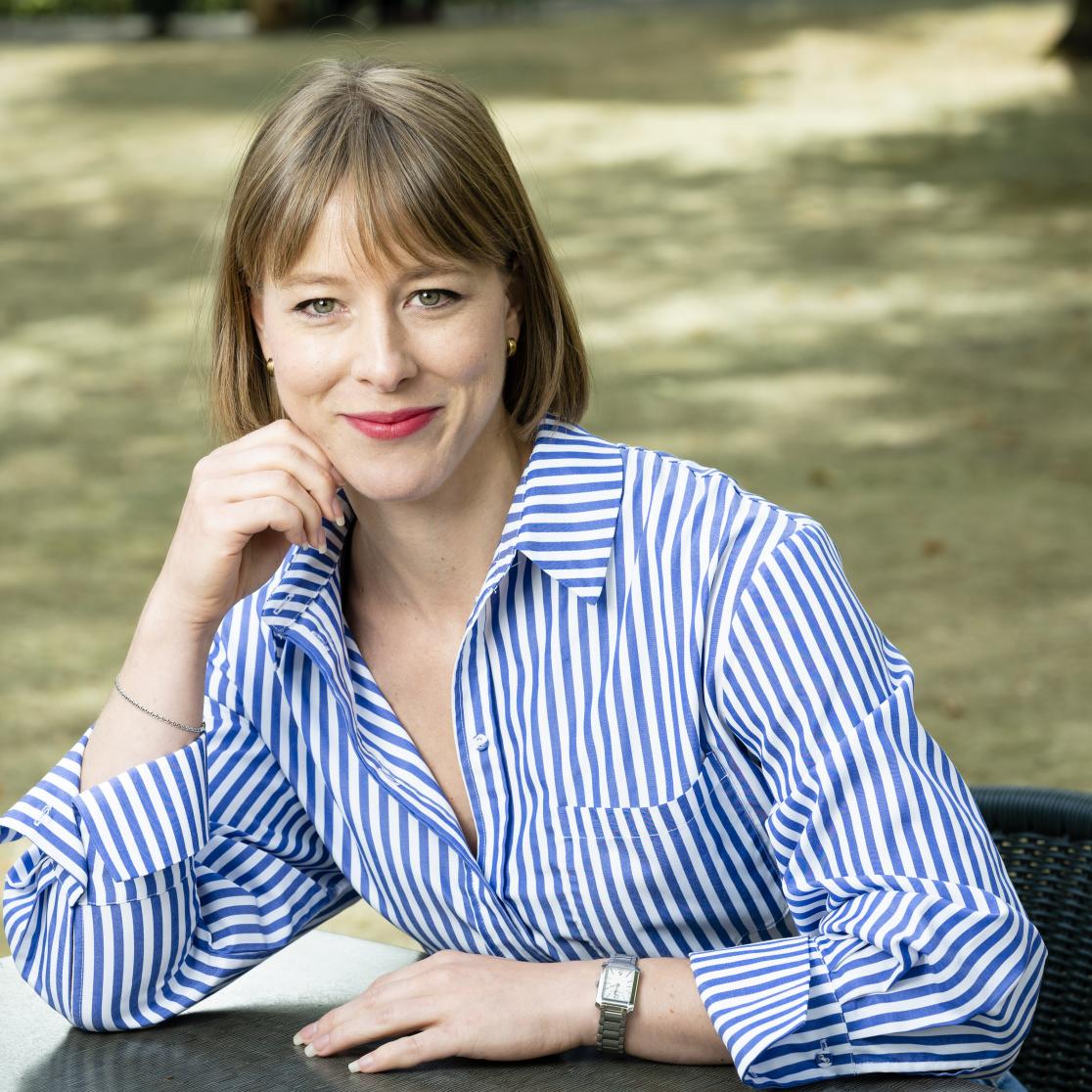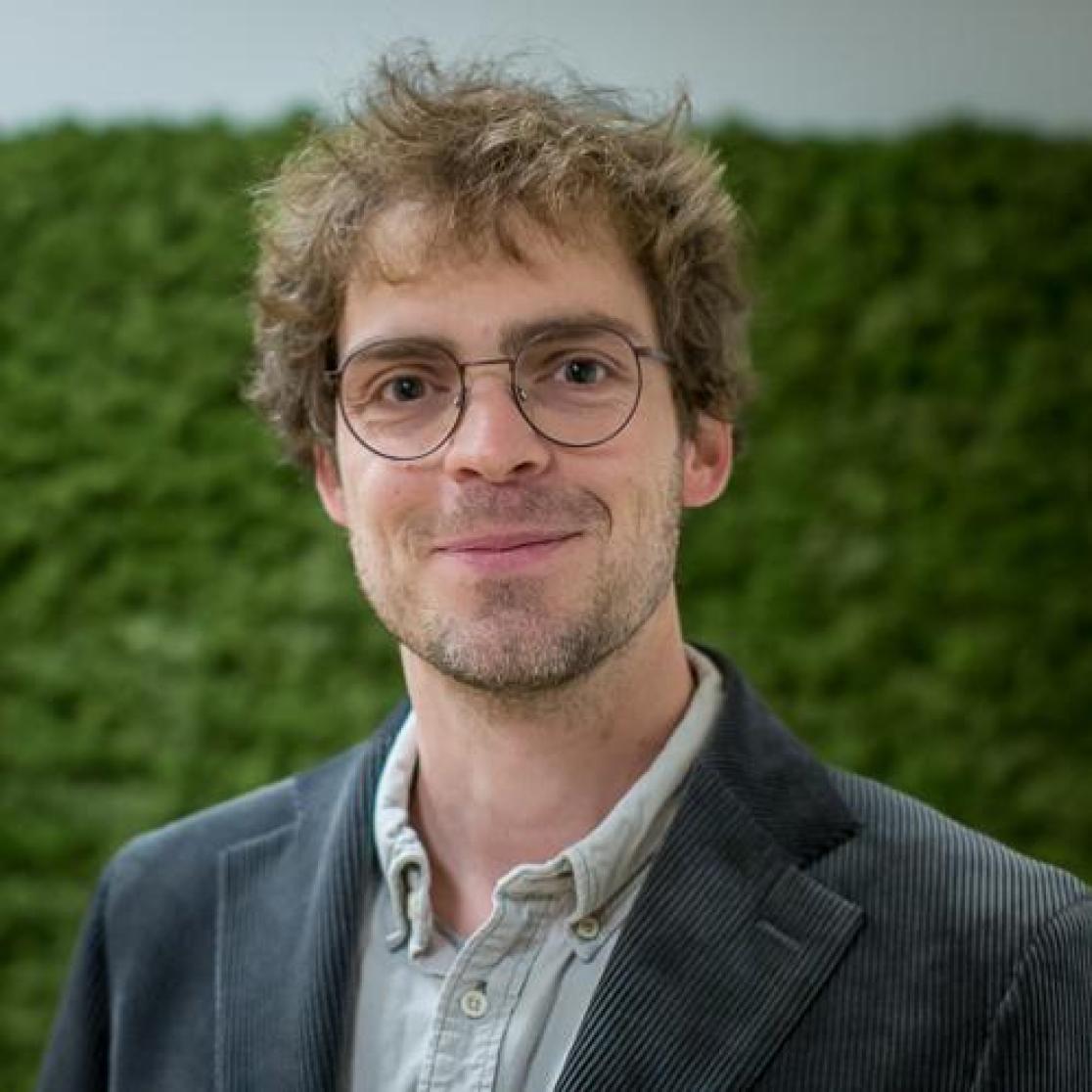KNAW Early Career Award for Marielle Wijermars and Christian Herff
Marielle Wijermars and Christian Herff will receive this year's KNAW Early Career Award. The Award is intended for researchers in the Netherlands who are at the beginning of their careers and who have innovative, original ideas. The prize, awarded annually, rewards their exceptional achievements with a sum of 15,000 euros and a unique work of art. The KNAW Early Career Award is being presented for the fifth time this year.
The prize
The KNAW Early Career Award consists of a cash prize of 15,000 euros. This sum may be spent by the laureates as they see fit on their research careers.
All laureates also receive the art object Extended Jewellery by Laura Klinkenberg. This is a brass screw with a "twist," symbolizing both coming up with new ideas and contrariness in art and science. The creator of the artwork won the art competition with Extended Jewellery at the first edition of the KNAW Early Career Award.
Mariëlle Wijermars
Associate Professor of Cybersecurity and Politics, Maastricht University, Faculty of Arts and Social Sciences
Mariëlle Wijermars researches information control in authoritarian states such as Russia, with a specific focus on digital platforms. Her expertise extends to visible and invisible mechanisms that influence these information flows. Innovative to Wijermars' research is her approach to digital platforms as political actors. Here she analyzes in what ways the terms of use and algorithms of these platforms play a role in the political processes of non-democratic states. This starting point makes it possible to examine the set of mechanisms through which the circulation of information can be influenced.

Christian Herff
Assistant Professor Computer Science, School for Mental Health and Neuroscience (MHeNS), Faculty of Health, Medicine and Life Sciences, Maastricht University
Herff conducts research in the areas of brain-computer interfaces and neuroprosthetics, and pursues links between natural and artificial intelligence. His work includes the development of algorithms for invasive electrophysiology (the study of the electrical properties of cells and tissues), with which he has created a neuroprosthesis that converts brain signals into high-quality audio. This innovation could allow people who can no longer speak due to brain damage to produce sound by imagining they are talking.

Also read
-
Prestigious European grant for two UM researchers
Two researchers from Maastricht University (UM) have received a prestigious ERC Consolidator Grant from the European Research Council. This will allow them to set up a scientific research team in the coming years for studies on bioprinted models of a human kidney and on female guest workers from...
-
Two Maastricht studies in the race for the Klokhuis Science Prize: vote now!
Living brains in a laboratory and research on internet freedom –two of the ten nominees for the Klokhuis Science Prize this year are UM scientists. And you can also vote!
-
UM researchers successful in ZonMw Open Competition
Four Maastricht research teams are starting their projects funded with money from the Open Competition of grant provider ZonMw. In addition, a Nijmegen research team has been awarded, which includes Harro van Lente, professor of Science and Technology Studies at Maastricht University (UM).